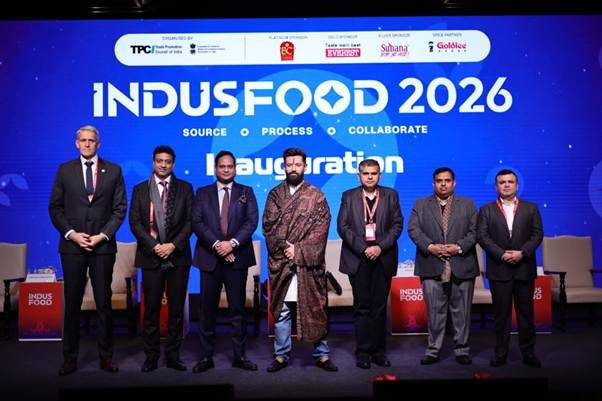India’s consumption of REPMs is expected to double by 2030
The Cabinet has approved on 26 Nov a Rs.7,280 crore scheme to establish 6,000 Metric Tons per Annum (MTPA) of integrated Rare Earth Permanent Magnet (REPM) manufacturing in India, thereby enhancing self-reliance and positioning India as a key player in the global REPM market.
The ‘Scheme to Promote Manufacturing of Sintered Rare Earth Permanent Magnets’ is a first-of-its-kind initiative aims to support the creation of integrated REPM manufacturing facilities, involving conversion of rare earth oxides to metals, metals to alloys, and alloys to finished REPMs.
REPMs are one of the strongest types of permanent magnets and are vital for electric vehicles, renewable energy, electronics, aerospace and defence applications, the Cabinet said.
Driven by the rapidly growing demand from electric vehicles, renewable energy, industrial applications, and consumer electronics, India’s consumption of REPMs is expected to double by 2030 from 2025.
At present, India’s demand for REPMs is met primarily through imports. With this initiative, India will establish its first ever integrated REPM manufacturing facilities, generating employment, strengthening self-reliance and advancing the nation’s commitment to achieve Net Zero by 2070.
The Rs.7,280 crore scheme comprises a sales-linked incentives of Rs.6,450 crore on REPM sales for five years and capital subsidy of Rs.750 crore for setting up an aggregate of 6,000 MTPA of REPM manufacturing facilities.
The scheme envisions allocating the total capacity to five beneficiaries through a global competitive bidding process. Each beneficiary will be allotted up to 1,200 MTPA of capacity.
The total duration of the scheme will be 7 years from the date of award, including a 2-year gestation period for setting up an integrated REPM manufacturing facility, and 5 years for incentive disbursement on the sale of REPM.
This initiative by the Government is a landmark step towards strengthening the domestic REPM manufacturing ecosystem and enhancing competitiveness in the global markets. By fostering indigenous capabilities in REPM production, the scheme will not only secure the REPM supply chain for domestic industries but also support the nation’s Net Zero 2070 commitment.
It embodies the Governments unwavering commitment to build a technologically self-reliant, globally competitive, and sustainable industrial base, in line with the vision of Viksit Bharat @2047, the Cabinet said. fiinews.com









